For generations, the path to a successful career has been clearly marked: get good grades, go to a four-year university, and get a stable job. But for today’s students on the cusp of making these life-altering decisions, that path is becoming increasingly foggy.
The rapid rise of artificial intelligence (AI) is not just a technological shift; it’s a fundamental reshaping of the workforce, and the aftershocks will be felt for decades to come. For students and their parents, this new reality demands a radical rethinking of what it means to be “educated” and “career ready.” The old rules no longer apply, and the learning strategies of the past are insufficient for the challenges of the future.
Let’s talk about how AI is reshaping education, career planning, and the skills students will need to succeed. Then, we’ll close with my Product of the Week, an AI tool that I’ve found incredibly useful lately for understanding new technologies and writing related papers: Google Gemini.
AI’s Disruption of the Job Market
The conversation about AI and jobs often conjures images of robots replacing factory workers. However, the reality is far more nuanced and, for many, far more concerning. The jobs most at risk are not just those involving manual labor, but also a wide range of white-collar professions that have long been the exclusive domain of college graduates.
According to a study by the McKinsey Global Institute, by 2030, activities that account for up to 30% of hours currently worked across the U.S. economy could be automated, a trend that generative AI will accelerate.
This projected level of automation means professions centered on data analysis, administrative support, and even creative tasks face significant disruption. Jobs like market research analysts, paralegals, and even some entry-level software developers may see their roles dramatically transformed or diminished.
The key takeaway is that any job that relies heavily on pattern recognition, data synthesis, and routine cognitive tasks is vulnerable. The list of at-risk professions is not static; as AI capabilities expand, so will the scope of its impact on the job market. This fluidity makes long-term career planning a far more complex and uncertain endeavor than it was for previous generations.
The Case for a Diversified Educational Portfolio
Given this high rate of change, the traditional model of choosing a single, specialized major and sticking with it for four years is becoming increasingly risky. The job a first-year student is training for may look vastly different or may not even exist by the time they graduate.
In this environment, adaptability is the new currency. A more diverse educational background, one that combines a specialized major with a broad foundation in the liberal arts, can provide students with the intellectual agility needed to navigate this uncertain future.
A liberal arts education emphasizing critical thinking, communication, and problem-solving equips students with uniquely human skills AI cannot replicate. These are the skills that will be in high demand in a world where routine tasks are automated.
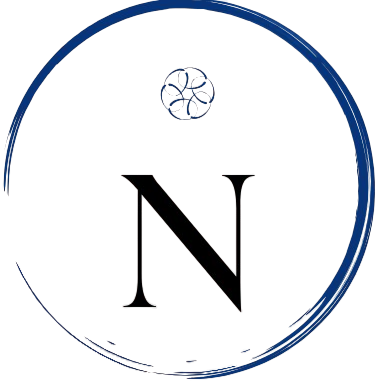

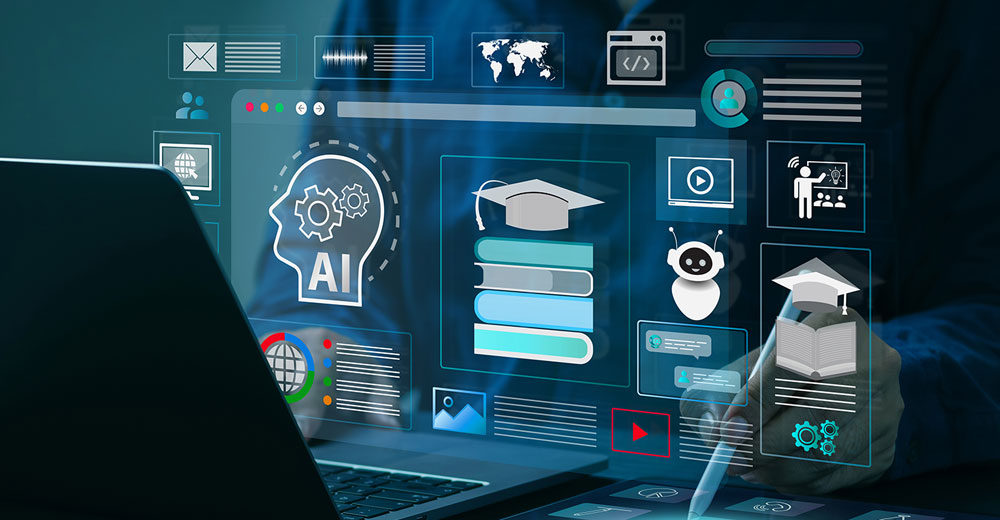
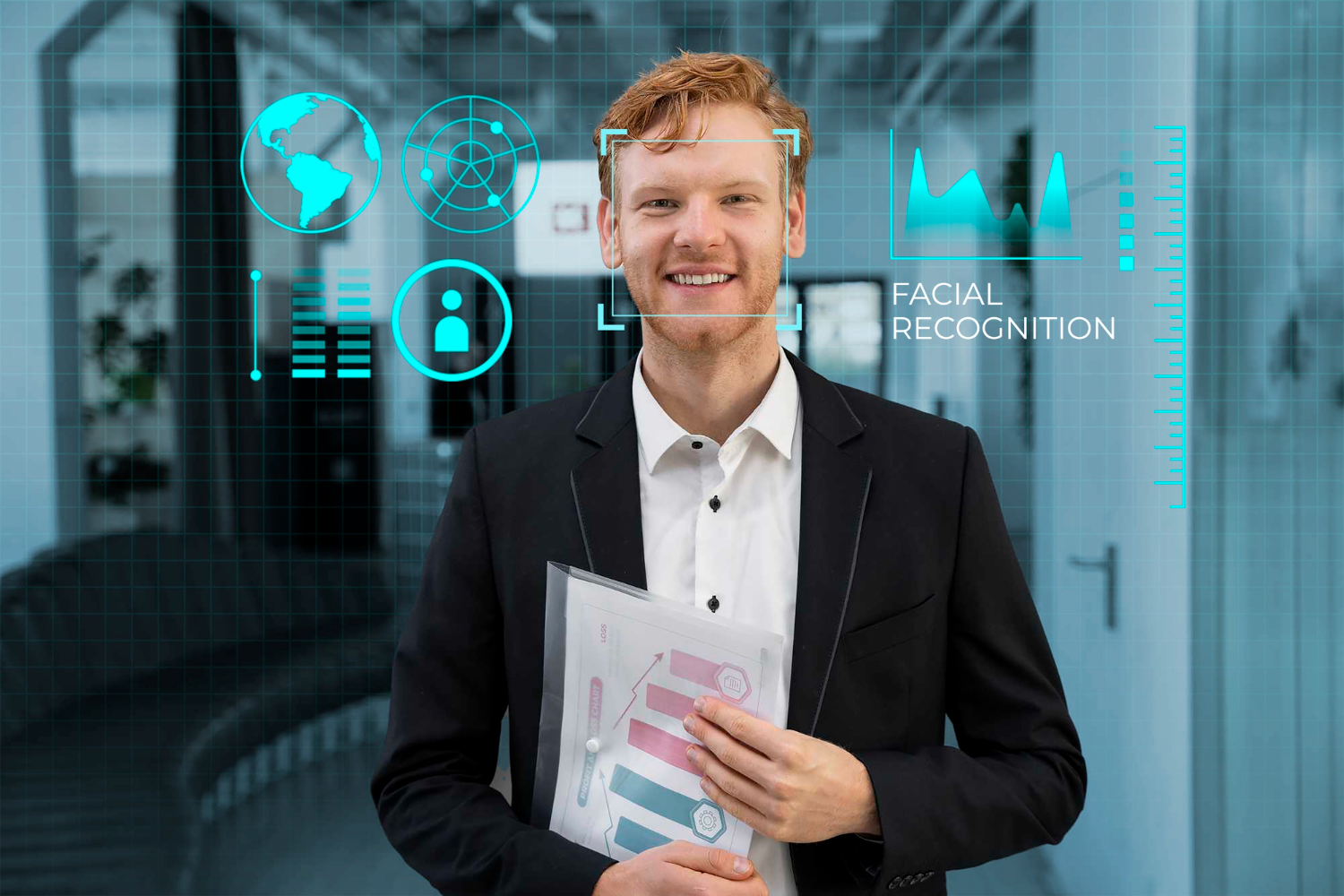
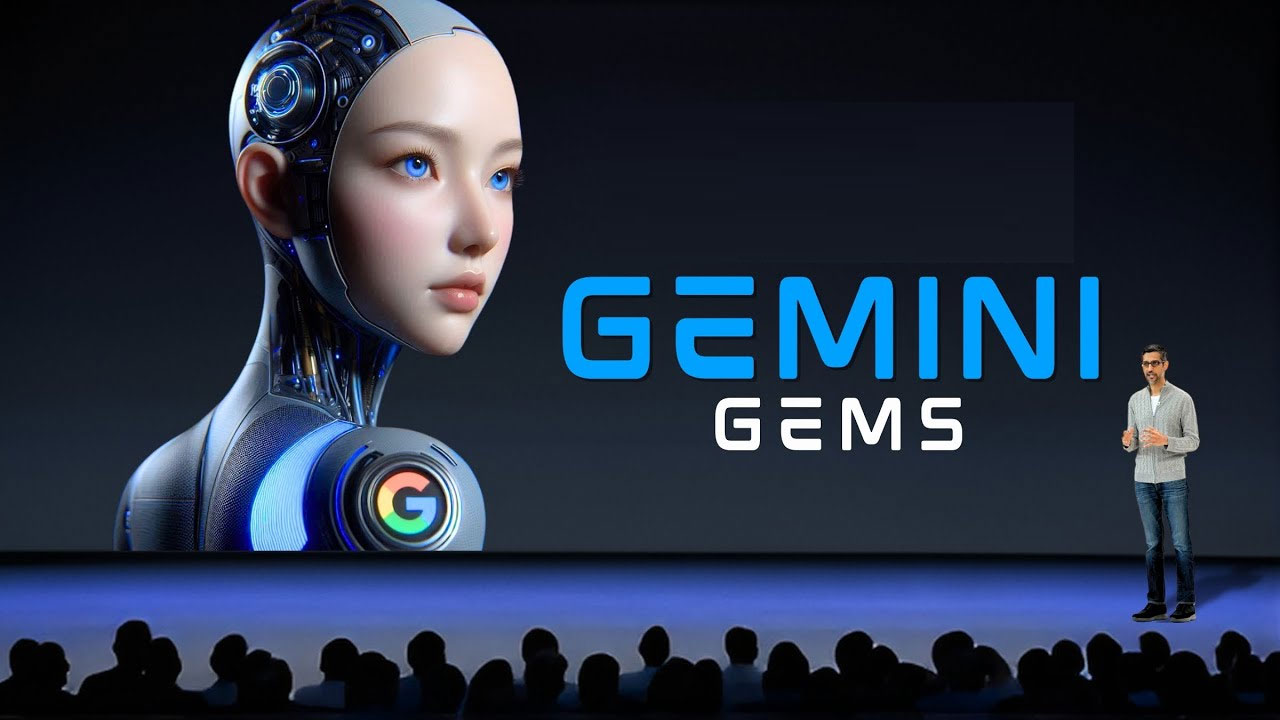

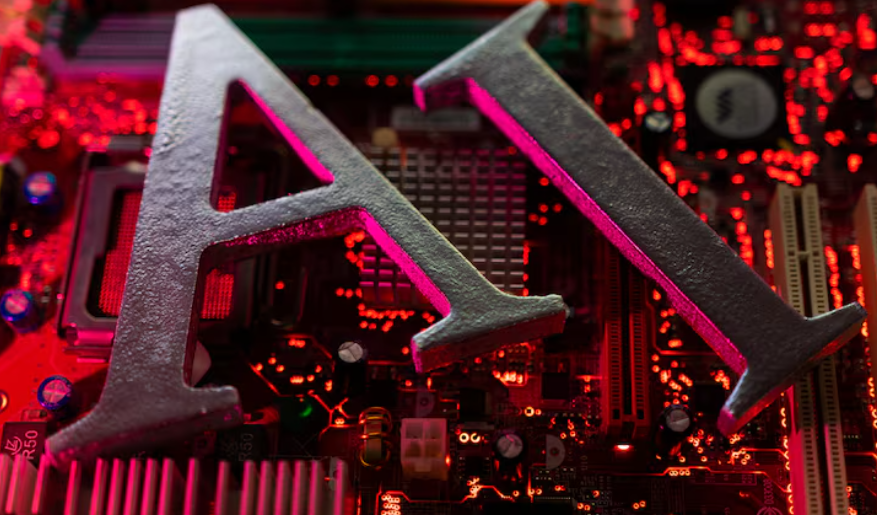
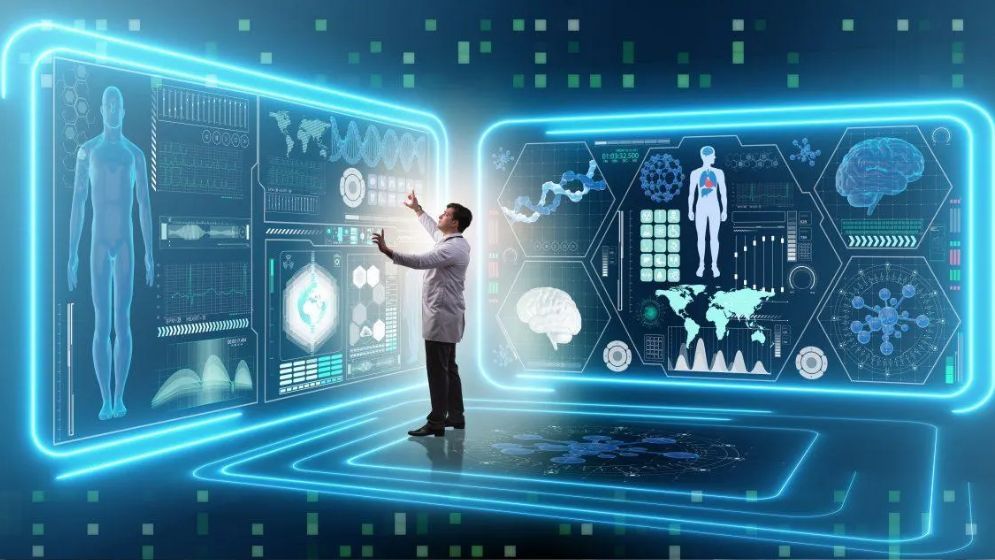



No comments yet. Be the first to comment!